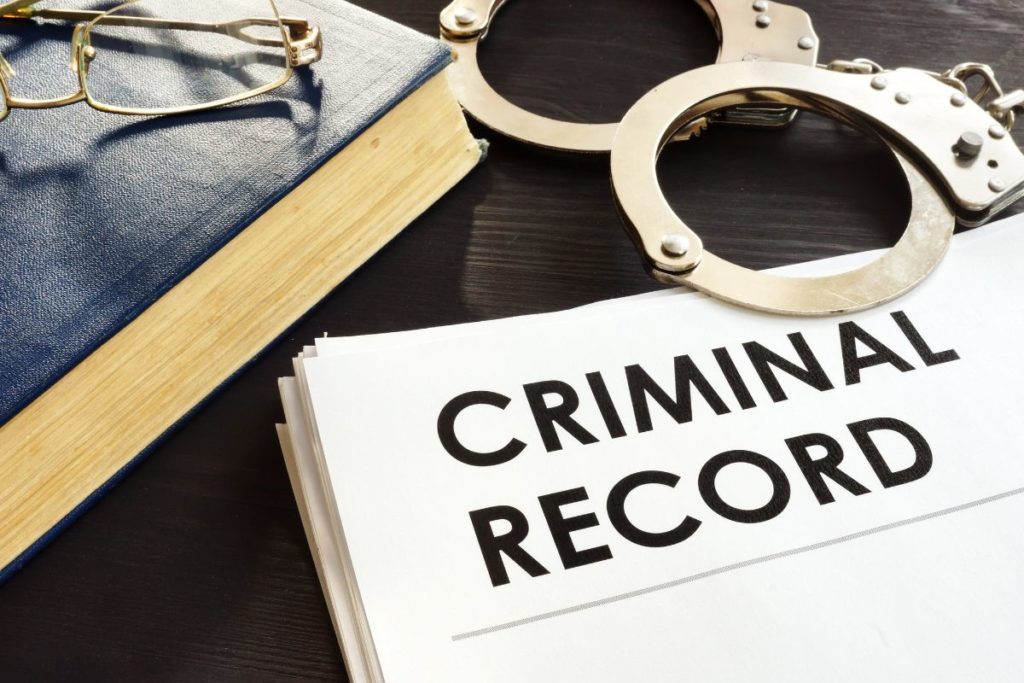

The Texas Department of Licensing and Regulation (TDLR) governs dozens of occupational licenses, from air conditioning and refrigeration contractors and cosmetologists to podiatrists and used auto parts recyclers. If you want to engage in any of these occupations, you must be licensed by TDLR. However, you may be concerned about your ability to obtain a license for one of the occupations covered by TDLR if you have a criminal record. Our occupational license defense attorneys can advise you about the types of factors TDLR considers when considering whether your criminal history makes you ineligible for occupational licensing.
Guidelines for License Applicants with Criminal Convictions
TDLR publishes Guidelines for License Applicants with Criminal Convictions under Tex. Occ. Code § 53.025(a) . These Guidelines describe the process that TDLR uses to determine if license applicants are suitable or unsuitable for licenses based on their criminal histories. In particular, the Guidelines list several general factors that TDLR uses in determining whether a criminal conviction should be grounds to deny an occupational license. These factors include:
Furthermore, TDLR will also consider the following factors in deciding whether a person who has been convicted of a crime is fit to perform the duties and discharge the responsibilities of the licensed occupation in question:
Furthermore, TDLR has the discretion to deny a license to any applicant who has a criminal conviction, deferred adjudication from criminal charges, or whose background contains other information showing a lack of honesty, trustworthiness, or integrity.
Criminal History Evaluation Letters
Fortunately, there is a means by which you can check your eligibility for a license before even applying for a particular license from TDLR. Tex. Occ. Code § 51.4012 allows you to request a criminal history evaluation letter from the TDLR to assess whether you would qualify for a license based on your criminal history. Although a TDLR criminal history evaluation letter does not definitively determine whether you will qualify for a particular occupational license, it can be a good indicator of the likelihood of you successfully obtaining a license.
Although no specific crime prevents you from getting a TDLR-issued occupational license, TDLR will seriously consider and evaluate two general kinds of crimes:
TDLR’s Guidelines for License Applicants with Criminal Convictions highlight some crimes that are more likely to result in a denial of a license. These crimes include:
The Process of Getting a Criminal History Evaluation Letter from TDLR
You can submit a request form for a criminal history evaluation letter to TDLR. Along with your request form, you must submit a completed criminal history questionnaire for each crime for which you received a conviction or placement on deferred adjudication. You also must pay a fee to TDLR for a criminal history evaluation letter.
Upon receipt of a criminal history evaluation letter, TDLR reviews your criminal history, including police and court records, as well as interviews with you, prosecutors, probation officers, and others that may have relevant information about your criminal history.
TDLR will issue a criminal history evaluation letter within 90 days of your request, assuming that you have provided all required information. The letter will advise you whether TDLR would recommend or not recommend that you receive the occupational license for which you intend to apply.
Getting an Occupational License After a Criminal History Evaluation Letter
Unfortunately, a criminal history evaluation letter stating that TDLR recommends you receive an occupational license does not guarantee that you will receive it if you apply for it. Likewise, a criminal history evaluation letter stating that TDLR does not recommend that you receive an occupational license does not guarantee that you won’t receive the license if you apply for it. For instance, if you have an additional criminal conviction between the time you receive the criminal history evaluation letter from TDLR and the time you apply for the occupational license, you could very well receive a denial of your application for the occupational license.
Since a criminal history evaluation letter is not binding, you have no right to appeal or dispute TDLR’s recommendation. As a result, your only response to a negative recommendation in a criminal history evaluation letter is to apply for the occupational license, undergo a background investigation, and receive a decision from TDLR. You then can challenge a denial of your license application from TDLR through the appeals process if you choose. Our occupational license denial attorneys can assist you through that process from beginning to end.
Learn More About Whether You Are Eligible for an Occupational License Today
We can help you understand the factors TDLR considers when evaluating your criminal history as a licensing applicant. Together, we can help you pursue your desired license and work toward your desired career. Contact the occupational license defense attorneys of Bertolino LLP, for assistance with your case. You can reach our offices by calling (512) 515-9518 or contacting us online .
Statistics gathered and released by the Pentagon show that divorces among couples in which one or both of the spouses is a member of the military decreased slightly in 2012, with 3.5% of all married
As more states are passing legislation permitting same-sex couples to get married, the latest being Illinois just this week, the polls of citizens here in Texas demonstrate that such action is not
This November, a car carrying seven people hit a curb and rolled into a field in Texas. Two 17-year-olds in the vehicle died in the wreck and the five other young passengers were taken to the
If you are considering a divorce or going through the process, you know that ending a marriage is not a pleasant experience. A divorce attorney knows there is a lot of stress in making the tough